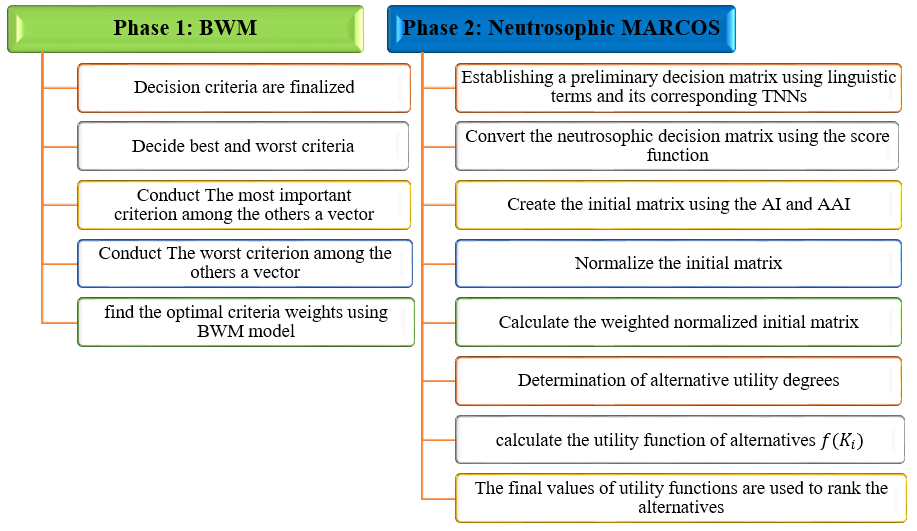Harness Ambition of Soft Computing in Multi-Factors of Decision-Making Toward Sustainable Supply Chain in the Realm of Unpredictability
Main Article Content
Abstract
Major and expensive disturbances have a significant impact on supply chain management (SCM) and jeopardise the sustainability of any business. As COVID-19 pandemic, administrators are required to have strategies and techniques for safeguarding supply chains (CSs) and avoiding chain failures at every stage to be competitive in the market. Sustainability through SCM is described as a general practice that is emerging from the integration of pertinent, contemporary regenerative approaches and strategies. Therefore, it is possible to comprehend the idea of sustainable supply chain management (SSCM) as a business strategy for increasing eco-efficiency and productivity by recycling, reproducing and repurposing techniques under the circular economy. In order for SSCM practices to be successfully adopted in any organization, this study intends to evaluate the critical success factors (CSFs). Herein, nine CSFs were chosen following an exhaustive examination of the literature. The determined CSFs are analysed and evaluated through our constructed mathematical evaluator framework (MEF) based on Multi-Factors of Decision Making (MFoDM) methods, which are fortified with triangular neutrosophic sets (TriNSs) in obscurity and uncertainty situations. MEF conducts evaluation through several stages based on a set of MFoDM methods under the fortress of TriNSs. The best-worst method (BWM) is analysing nine CSFs, and the obtained weights assigned to nine CSFs represent the analysis's outcome. Posteriorly, measurement alternatives and ranking according to compromise solution (MARCOS) to prioritize and rank SCs as alternatives. Ultimately, we verified the validity of the constructed MEF through its application to reality throughout five SCs.
Downloads
Article Details

This work is licensed under a Creative Commons Attribution 4.0 International License.





